Verify Your Email Address
Please ensure to verify your email for confirmation. We recommend checking your spam and trash folders as well.

The beauty industry is undergoing a transformative phase with the emergence of private label makeup, redefining the traditional business-to-business (B2B) landscape. In this article, we’ll delve into the concept of private label makeup and its profound impact on the B2B beauty sector.
Exploring the Shift in Consumer Preferences
Consumer preferences have shifted from standardized beauty products to personalized experiences. Private label makeup caters to this shift by offering wholesale customization options. Businesses embracing this trend can tap into new market segments and better connect with their target audience.
Benefits of Private Label Makeup in B2B
The rise of private label makeup in the B2B beauty industry is not just a trend; it’s a strategic move. Companies can benefit from cost-effective solutions, increased flexibility, and better control over their brand image.
Collaborative Design and Branding
Private label makeup involves a collaborative process between manufacturers and businesses. From designing product packaging to establishing brand identity, businesses can actively participate in creating a unique offering.
Manufacturing Process and Quality Control
Understanding the manufacturing process is crucial for businesses venturing into private label makeup. Quality control measures ensure that the final products meet industry standards, fostering trust among consumers.
Cost-Effectiveness
Private label makeup allows businesses to reduce production costs significantly. By leveraging existing manufacturing capabilities, companies can offer high-quality products at competitive prices.
Flexibility and Brand Control
The flexibility offered by private label makeup empowers businesses to adapt swiftly to market trends. Additionally, maintaining control over branding ensures a consistent image, crucial for long-term success.
Market Differentiation
In a saturated market, standing out is essential. Private label makeup provides businesses with a unique selling proposition, enabling them to differentiate themselves and capture a niche audience.
Quality Assurance
Ensuring the quality of private label products is paramount. Businesses must establish rigorous quality assurance measures to build and maintain customer trust.
Market Saturation
As more businesses enter the private label space, market saturation becomes a concern. To overcome this challenge, companies need to focus on innovation and strategic positioning.
Balancing Customization and Mass Production
Finding the right balance between customization and mass production is challenging. Businesses must streamline operations to meet customer demands without compromising efficiency.
Case Study 1: Transforming a Small Business
We explore how a small beauty business leveraged private label makeup to transform its offerings, leading to increased visibility and profitability.
Case Study 2: Navigating Trends Successfully
A case study highlighting a B2B beauty company that successfully navigated industry trends by embracing wholesale customization, gaining a competitive edge.
Technological Innovations
The future of private label makeup is intertwined with technological advancements. From virtual reality-enhanced shopping experiences to AI-driven product recommendations, businesses must stay abreast of emerging trends.
Sustainable Practices in Private Labeling
Environmental consciousness is shaping consumer choices. The integration of sustainable practices in private label manufacturing is poised to become a key differentiator.
Changing Dynamics in the Retail Sector
The rise of private label makeup has ripple effects on retail. As businesses shift to customization, traditional retail models may evolve, creating new opportunities and challenges.
Empowering Consumers through Customization
Wholesale customization empowers consumers to actively participate in product creation. This shift in dynamics enhances the customer experience, fostering brand loyalty.
Steps to Get Started
For businesses considering private label makeup, a step-by-step guide to kickstarting the journey, including market research, finding reliable manufacturers, and establishing brand identity.
Key Considerations in Business Planning
An exploration of key considerations in business planning, covering financial aspects, marketing strategies, and adapting to market changes.
In conclusion, wholesale customization through private label makeup is revolutionizing the B2B beauty industry. The benefits of cost-effectiveness, flexibility, and market differentiation position businesses for long-term success. As we embrace the future of B2B beauty, adapting to technological innovations and sustainable practices will be key.
How does private label makeup benefit small businesses?
Private label makeup allows small businesses to access high-quality products without the high costs of production, fostering growth and competitiveness.
What role does technology play in the future of private label makeup?
Technology is integral to the future of private label makeup, influencing aspects like virtual experiences and AI-driven recommendations.
How can businesses balance customization and mass production effectively?
Striking the right balance involves streamlined processes, responsive manufacturing, and a keen understanding of market demands.
Are there risks associated with market saturation in private label makeup?
Yes, market saturation is a risk, but businesses can overcome it through innovation, unique positioning, and strategic marketing.
Why is sustainability important in private label makeup?
With increased environmental awareness, integrating sustainable practices not only attracts conscious consumers but also aligns with industry trends.

High Quality, Low Price, No Minimum, One-stop Private Customized Cosmetics Shopping Website.
| Cookie | Duration | Description |
|---|---|---|
| cookielawinfo-checkbox-analytics | 11 months | This cookie is set by GDPR Cookie Consent plugin. The cookie is used to store the user consent for the cookies in the category "Analytics". |
| cookielawinfo-checkbox-functional | 11 months | The cookie is set by GDPR cookie consent to record the user consent for the cookies in the category "Functional". |
| cookielawinfo-checkbox-necessary | 11 months | This cookie is set by GDPR Cookie Consent plugin. The cookies is used to store the user consent for the cookies in the category "Necessary". |
| cookielawinfo-checkbox-others | 11 months | This cookie is set by GDPR Cookie Consent plugin. The cookie is used to store the user consent for the cookies in the category "Other. |
| cookielawinfo-checkbox-performance | 11 months | This cookie is set by GDPR Cookie Consent plugin. The cookie is used to store the user consent for the cookies in the category "Performance". |
| viewed_cookie_policy | 11 months | The cookie is set by the GDPR Cookie Consent plugin and is used to store whether or not user has consented to the use of cookies. It does not store any personal data. |
Please ensure to verify your email for confirmation. We recommend checking your spam and trash folders as well.